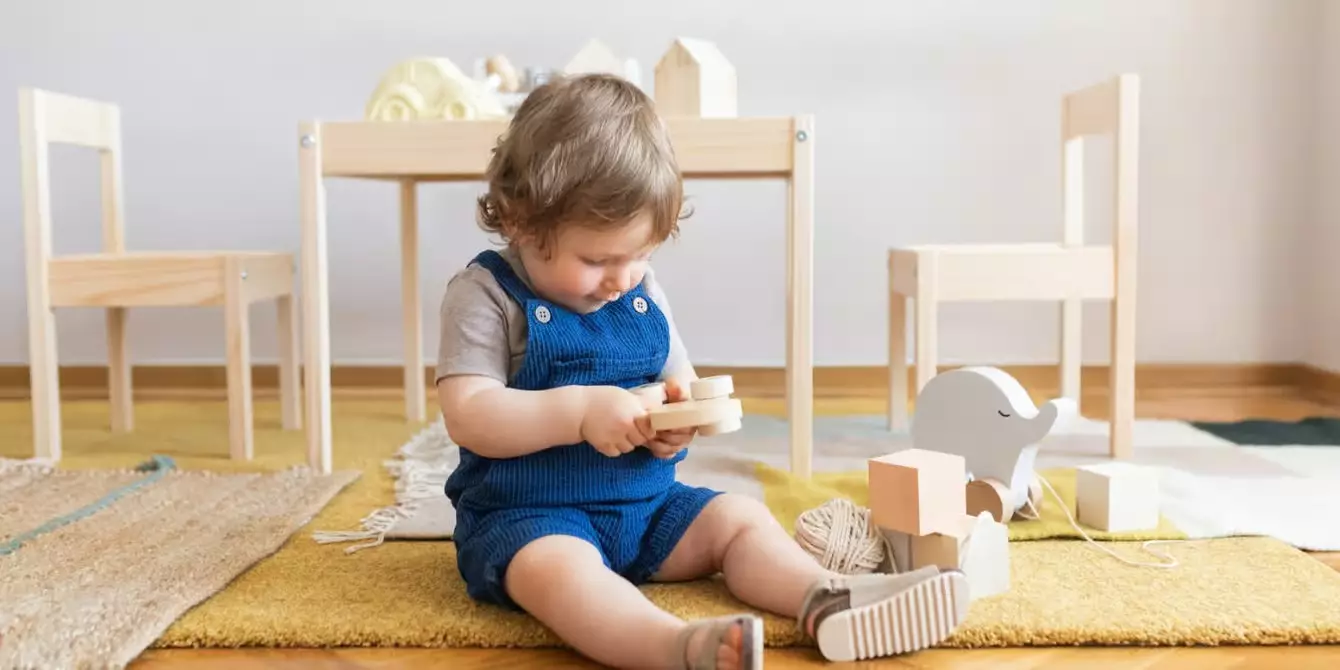As your toddler transitions from the cooing infant who relied on you for every need, they are now blossoming into a curious little person with an insatiable appetite for exploration and learning. By 15 months, their social skills, motor abilities, and cognitive functions are rapidly expanding, making this a critical time to engage in activities that will enhance their development. The challenge lies in choosing those that are not only developmental boosts but also entertaining for both of you.
Building Blocks: Foundations of Learning
One of the simplest toys, yet exponentially beneficial, is the building block. These colorful pieces are more than just toys; they are tools for fine motor skills enhancement and cognitive advancement. Your child can explore their creativity by stacking blocks, knocking them down, and witnessing cause-and-effect in action. This playful experimentation teaches them about balance, gravity, and spatial relationships, all crucial elements of their cognitive development. You can create themed towers or imaginative structures, turning a mundane building session into an adventure, such as constructing a castle or a skyscraper, encouraging storytelling alongside play.
Creative Outlets: Crayons and Colors
Artistic expression is a vital aspect of your toddler’s development. Providing them with chunky, non-toxic crayons promotes safe exploration and enhances their grip strength. Simply laying out butcher paper on the floor or tape on the table grants them ample space to unleash their artistic abilities. Encourage them to scribble freely and remind yourself that art is subjective; it’s about the experience rather than the outcome. This freedom of expression not only sharpens their fine motor skills but also promotes language development as they engage with you about their colorful creations.
Sorting Games: Organize and Discover
Sorting toys develop your child’s cognitive skills and color recognition. Gather different household items—blocks, toys, or even safe kitchen gadgets—and guide them in sorting these objects by color or shape. This seemingly simple task is a foundational step in developing their problem-solving skills and expanding their vocabulary. Engaging your child in this sorting activity fosters a sense of achievement and builds their confidence, as they visually recognize differences and similarities in the world around them.
Ball Games: Movement and Coordination
Physical development is as essential as cognitive growth. Engage your little one by introducing them to soft balls of various sizes. Rolling, tossing, or even creating a mini bowling game using plastic bottles can significantly enhance their gross motor skills. By rolling a ball back and forth, you not only encourage physical activity but also reinforce social skills, such as taking turns and following directions. Incorporating movement games transforms simple ball play into lessons in coordination, balance, and teamwork.
Imaginative Play: Stories Come to Life
The age of 15 months ushers in a wave of imaginative play, pivotal to social and cognitive development. Use household items for dress-up scenarios that allow your child to channel their inner pirate, superhero, or whatever their imagination conjures up. This type of play opens avenues for creativity and cultivates empathy as they step into different roles. Establishing pretend libraries or kitchen setups can also enrich their imaginative world, ultimately enhancing their comprehension of real-life scenarios.
Playdates: The Beauty of Social Interaction
While 15-month-olds are still exploring parallel play, arranging playdates can significantly hone their social skills. Observing their peers in action allows them to learn vital social cues and emotional responses that are foundational for later interactions. It’s a valuable opportunity for them to navigate sharing, cooperation, and even conflict resolution in a supportive environment. The playdate becomes a realm where they can practice new skills through guided interaction, which is instrumental as they approach more complex social scenarios.
The Joy of Simple Activities: Everyday Exploration
Sometimes, the most impactful activities are those rooted in everyday actions. Let your child explore the world around them by filling and emptying containers or joining you in daily tasks. Activities such as laundry or setting the table can be filled with fun if you incorporate games in the process. A simple game of chase or having them “help” you can evoke pure joy and laughter, solidifying the bond you share while enhancing their physical agility and coordination in the process.
Engaging a 15-month-old is more than just keeping them entertained; it’s about nurturing their multifaceted development through diverse activities tailored to their emerging skills. These moments of learning are as crucial to their growth as they are to the joy you both experience together. The combination of fine and gross motor activities and creative, imaginative play can profoundly influence how they perceive and interact with the world around them.

